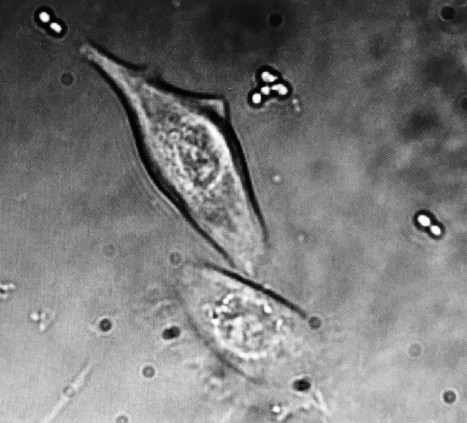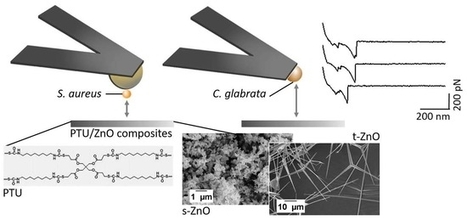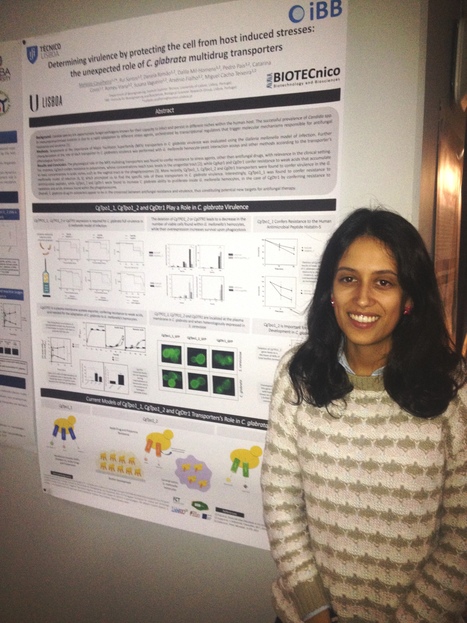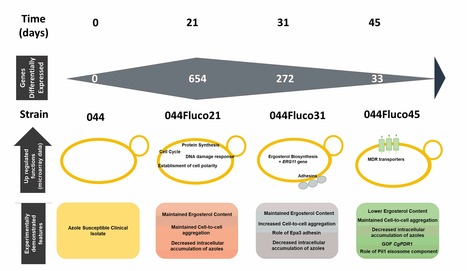
Candida glabrata’s ability to cause human infections is tightly linked to its impressive ability to form persistent biofilms. The molecular control of this process is far from being clarified, as it lacks many of the typical features displayed by other Candida species. In this study, a combination of genetic screening, RNA-seq based transcriptomics, and Single-Cell Force Spectroscopy (SCFS), enabled the observation that the transcription factor CgEfg1, but not CgTec1, is necessary for the initial interaction of C. glabrata cells with both abiotic surfaces used in medical devices and epithelial cells, while both transcription factors orchestrate biofilm maturation. The knowledge gathered through this study by former PhD student Mafalda Cavalheiro, and an international team led by Miguel Cacho Teixeira, BSRG-iBB, including Etienne Dague, LAAS-CNRS, Geraldine Butler, University College Dublin, and Arsénio Fialho, BSRG-iBB, and just published in Communications Biology, is expected to contribute to guide the design of more successful therapeutic approaches.



 Your new post is loading...
Your new post is loading...










